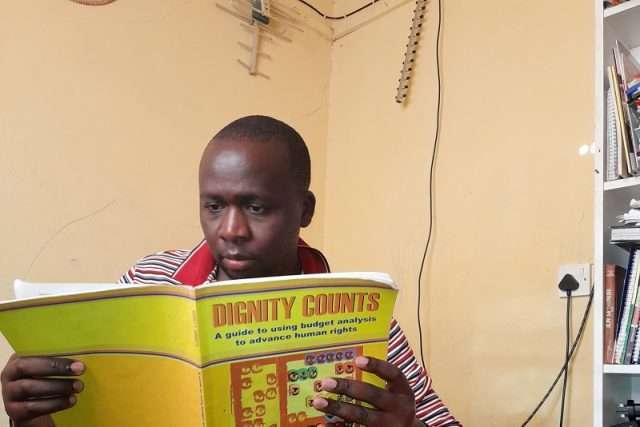Government budget analysts help elected officials understand the impact of tax dollars every year.
Budget analysts have a positive influence. Elected officials all over the world have the final say on what is allocated funds. You can have a lot of influence through budget analysis. Therefore, if you are interested in public policy and is comfortable with numbers, you can be a great contributor.
Budget analysis can be a very demanding job. It is a job that requires long working hours especially during budget formulation process or when parliament is in session. Always remember that policy makers need the analysis and recommendations, and they need them on a timely manner. This means that you need to be self motivated to do the research quickly.
Public budget requires that you crunch numbers, read, write and make presentations about public programs. There are a lot of materials to be written and as a result, you have to grasp many things within a short period of time.
You also have to learn to manage multiple assignments and large teams of people working under you in order to deliver high quality analyses. You will find yourself working closely with some people from outside your office.
Academic Qualifications
In order to deliver on this job, as a budget analyst, you need a bachelors’ degree in any of the following: political science, economics, public finance, public policy or public administration. If you have a post graduate degree you will be hired at a higher job group and of course you salary will be higher.
In the United States of America, the government employs 41 percent of all budget analysts. However, budget analysts are also required by NGOs, private businesses, government agencies. Budget analysts are need in developing budgets and predicting future financial needs.
Budget analysts working for government are involved in policy analysis, program performance evaluation and drafting legislation related to budget. They may also be tasked with the task of training personnel on new budget procedures.
Budget analysts working for government are responsible for checking the accuracy, completeness and whether they conform to the existing regulations, procedures and objectives.
Budget analysts conduct a Cost-Benefit-Analysis in reviewing financial proposals/requests. They assess program trade offs and look into new funding methods.
Budget analysts can accomplish more if they learn to use statistical software and spreadsheets. More and more organizations are using Enterprise Resource Planning (ERP) programs for budget making.
Most budget analysts work in the office setting. This is because much of the work is compiling, preparation and analyzing budget proposals. Therefore, most of their days are spent working independently. They travel occasionally to the field to make observations or verify funding allocation or obtain budget details face-to-face.
Budget calendar always determine the schedules of budget analysts. Most budget analysts in the developed countries work 40 hours per week.
GOT a story? Contact Kerosi Dotcom on EMAIL info@kerosi.com
One thought on “Budget analysts”
Comments are closed.



Hi, I would like to subscribe for this web site to take mostrecent updates, so where can i do it please assist.